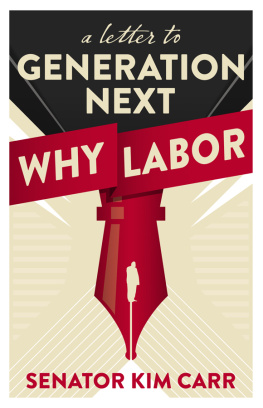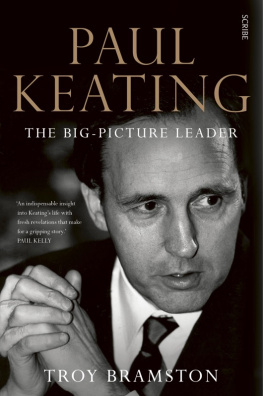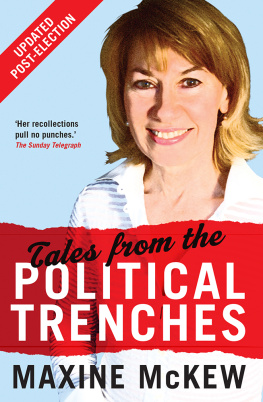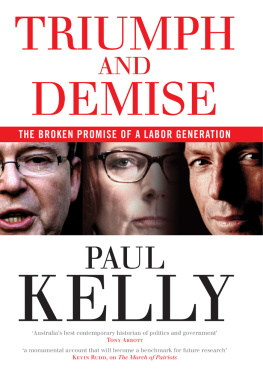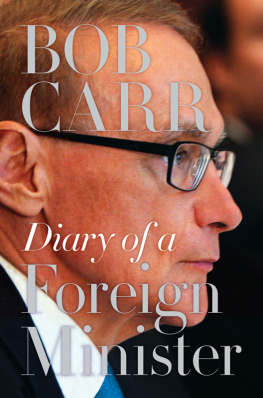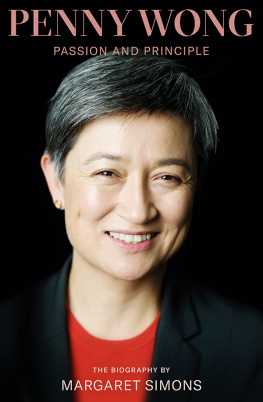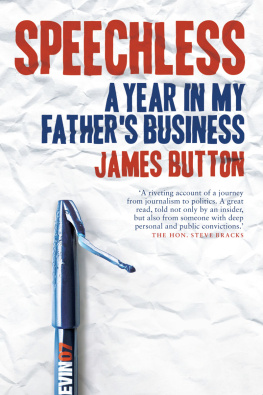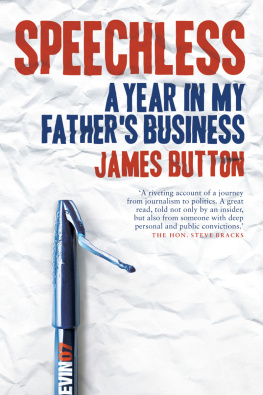
Kim Carr has been a Labor Senator for Victoria for twenty years. He has been a member of the Australian Labor Party for nearly 40 years and a member of Australian Labor Partys National Executive since 1994. He is a leading figure in Labors left faction.
Senator Carr was born in Tumut, New South Wales, and educated at the University of Melbourne, where he obtained a Master of Arts degree in history and a Diploma of Education. He was a teacher at Glenroy Technical School for almost a decade before becoming a policy analyst for Victorian government ministers Joan Kirner and Andrew McCutcheon.
Kim Carr was elected to the Australian Senate at the March 1993 election. However he filled a casual vacancy following John Buttons resignation. He joined the frontbench in March 1996 as manager of opposition business in the Senate. In opposition he was variously Shadow Minister for Innovation Industry, Science and Research, Public Administration and Open Government, Indigenous Affairs and Reconciliation, Arts, Housing, Urban Development, Local Government and Territories, and represented Labor on Education in the Senate.
After Labors victory in the 2007 federal election, he was appointed Minister for Innovation, Industry, Science and Research. He was reelected in the 2010 election and was reappointed to the Cabinet as Minister for Innovation, Industry, Science and Research in the 42nd Parliament. In 201213 he was Minister in the portfolios of Manufacturing, Defence Materiel. and Minister for Human Services.
Kim Carr resigned from the Ministry on 22 March 2013.

Contents
Dedication
The genesis of this book was the idea of a letter to my four children: Laura, Sarah, Ruth and Seamus. Throughout their lives they have had to watch from the sidelines the shifting tides of my political engagement. They have witnessed the highs and lows of the political struggles that I have been involved in without necessarily having the context and significance of those struggles fully explained. This book is the first instalment in trying to fill the gaps. It is often said that our parents influence, if not our politics, then at least our core values. So I dedicate this book to my children in the hope that they will understand and perhaps embrace the values that have underpinned my work and the work of generations of passionate Labor activists. The work I have done when not with you was always done for you, to help in Labors efforts to leave you a richer, fairer, greener Australia.
Acknowledgements
As a politician, you achieve very little by yourself. I extend my deepest gratitude to all those who have worked in my office for their efforts, frank advice and boundless energy over the years.
Politics is very much a team game, especially in the Labor Party.
It may well have been published in a short time frame but this book is the product of years of debate, discussion and political experiences.
I want to particularly thank Jennifer Bowles. I also want to thank all my workmates, current and former, for their constructive advice on various iterations of this manuscript. The improvements they have made are gratefully received and whatever errors remain are mine.
I extend my gratitude to the editorial team at MUP, who helped me to more clearly articulate my argument for why people should vote Labor.
Lastly, to my wife, Carole, without whom none of this would have been possible. Carole has put up with twenty years of my ruminations as a Labor Senator on these questions, often in less sanitised forms. Her counsel has been invaluable, as has her ability to make sure I never forgot what my family looked like.
1
In pursuit of your dreams
In September 2005 the former Labor leader Mark Latham went to the University of Melbourne to deliver a lecture. His audience was mainly students and young people. His subject, in the main and as ever, was Mark Latham.
Along the way he made a remark that was offensive in its cynicism: In a gathering such as this, Im sure there are some young idealistic people interested in running for parliament. I have to say to you, as frankly and sincerely as I can, dont do it .
The system, he continued, was fundamentally sick and broken and there were many more productive and satisfying ways in which such young Australians could contribute to society.
What a stunning slap in the face to the men and women of Labor who gave him their time and trust. What an insult to the people who voted him into parliament. What a sneer at the idealistic young Australians whod come to hear him.
Latham has certainly found a niche for his brand of dyspeptic commentary in the anti-Labor pressnot bad for a former leader, even an embittered one. Or perhaps he says it best himself: If politics is show business for ugly people, then political commentary in Australia is payback from ugly old men.
Lathams comments pander to the most cynical sentiments of the disillusioned and the conservative-minded. They propagate defeat and despair. Maybe there ought to be a restrictive trading clause on former politicians as part of their retirement package.
I believe his comments were not only gratuitous but also wrong . Politics matters. And even if theres a kernel of truth in what he said, if indeed the system is not as healthy as it ought to be, who better to mend it than the young people he was lecturing tothe best-educated, best-connected, most technologically adept generation in the nations history? You.
And if those who denigrate politics and who would dissuade and drive our best and brightest away from it have their way, where would that leave us? Stuck with those who broke it in the first place, those who perhaps take comfort in and profit from the status quo?
This book is an argument about why political organisation generally, and the Labor Party in particular, is required if you want to change the world, if you want to affect the distribution of power. Not everyone wants to be a politician . But taking an interest in politics doesnt necessarily require you to stand for parliament or your local council. Theres nothing wrong with ambition, but theres also nothing wrong with wanting to be actively involved without making it your full-time job.
Its all too easy to criticise people who make an effort. The best goals in politics are often kicked from the spectators side of the fence. Or so those spectatorsMonday mornings expertswould have us believe. Anyone who watches a football match will know how easy it is to offer advice from the sidelines, with a pie in your hand and your bum on a seat. But the real thing is happening over that white line, out on the field of play.
Politics remains a fight over who gets what, when and howa definition that political scientist Harold Lasswell coined during the Great Depression of the 1930s. Technology may be changing the pace and forms of engagementjust as it is transforming the way we do businessbut the fundamentals remain: how do we relate to one another? How do we give expression to our aspirations? How do we ensure that we leave this place better than we found it? I believe that these are endeavours best achieved through politics.

